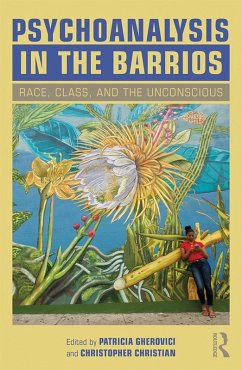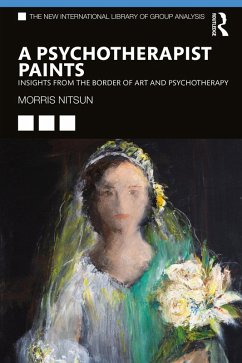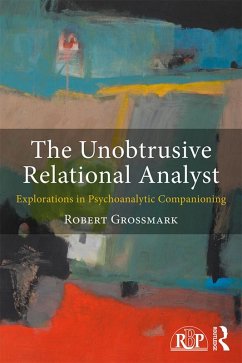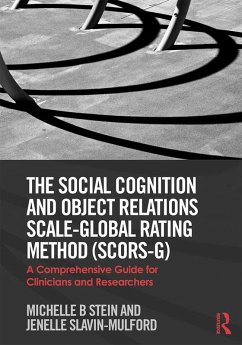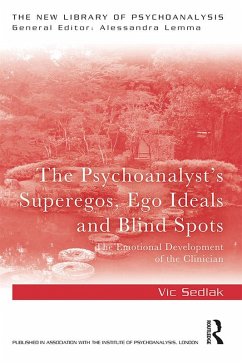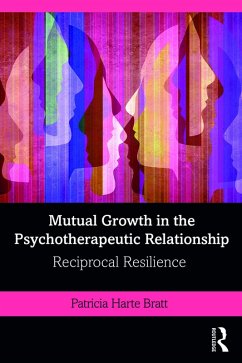
Psychoanalysis in the Barrios (eBook, PDF)
Race, Class, and the Unconscious
Redaktion: Gherovici, Patricia; Christian, Christopher
Versandkostenfrei!
Sofort per Download lieferbar
35,95 €
inkl. MwSt.
Weitere Ausgaben:

PAYBACK Punkte
18 °P sammeln!
Psychoanalysis in the Barrios: Race, Class, and the Unconscious demonstrates that psychoanalytic principles can be applied successfully in disenfranchised Latino populations, refuting the misguided idea that psychoanalysis is an expensive luxury only for the wealthy.As opposed to most Latin American countries, where psychoanalysis is seen as a practice tied to the promotion of social justice, in the United States psychoanalysis has been viewed as reserved for the well-to-do, assuming that poor people lack the "sophistication" that psychoanalysis requires, thus heeding invisible but no less rig...
Psychoanalysis in the Barrios: Race, Class, and the Unconscious demonstrates that psychoanalytic principles can be applied successfully in disenfranchised Latino populations, refuting the misguided idea that psychoanalysis is an expensive luxury only for the wealthy.
As opposed to most Latin American countries, where psychoanalysis is seen as a practice tied to the promotion of social justice, in the United States psychoanalysis has been viewed as reserved for the well-to-do, assuming that poor people lack the "sophistication" that psychoanalysis requires, thus heeding invisible but no less rigid class boundaries. Challenging such discrimination, the authors testify to the efficacy of psychoanalysis in the barrios, upending the unfounded widespread belief that poor people are so consumed with the pressures of everyday survival that they only benefit from symptom-focused interventions. Sharing vivid vignettes of psychoanalytic treatments, this collection sheds light on the psychological complexities of life in the barrio that is often marked by poverty, migration, marginalization, and barriers of language, class, and race.
This interdisciplinary collection features essays by distinguished international scholars and clinicians. It represents a unique crossover that will appeal to readers in clinical practice, social work, counselling, anthropology, psychology, cultural and Latino studies, queer studies, urban studies, and sociology.
As opposed to most Latin American countries, where psychoanalysis is seen as a practice tied to the promotion of social justice, in the United States psychoanalysis has been viewed as reserved for the well-to-do, assuming that poor people lack the "sophistication" that psychoanalysis requires, thus heeding invisible but no less rigid class boundaries. Challenging such discrimination, the authors testify to the efficacy of psychoanalysis in the barrios, upending the unfounded widespread belief that poor people are so consumed with the pressures of everyday survival that they only benefit from symptom-focused interventions. Sharing vivid vignettes of psychoanalytic treatments, this collection sheds light on the psychological complexities of life in the barrio that is often marked by poverty, migration, marginalization, and barriers of language, class, and race.
This interdisciplinary collection features essays by distinguished international scholars and clinicians. It represents a unique crossover that will appeal to readers in clinical practice, social work, counselling, anthropology, psychology, cultural and Latino studies, queer studies, urban studies, and sociology.
Dieser Download kann aus rechtlichen Gründen nur mit Rechnungsadresse in A, B, BG, CY, CZ, D, DK, EW, E, FIN, F, GR, HR, H, IRL, I, LT, L, LR, M, NL, PL, P, R, S, SLO, SK ausgeliefert werden.




